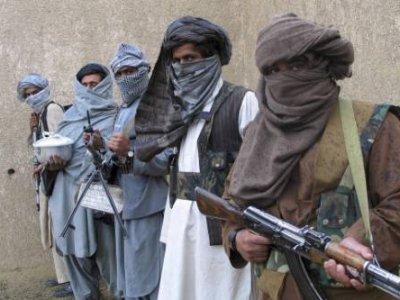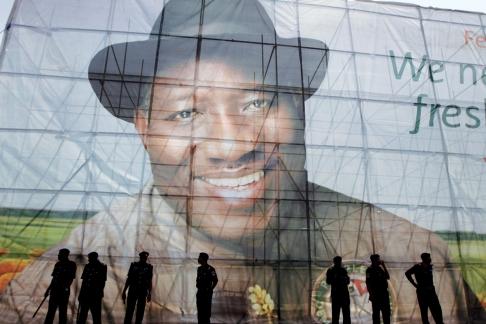Western Sahel insecurity – groping towards a more integrated approach

Chatham House, Thurs 9th Dec, 2011
Participants:
Robert Fowler, Former UN Special Envoy to Niger
Jérí´me Spinoza, Head, Africa Bureau, French Ministry of Defence
Dr Knox Chitiyo, Associate Fellow, Royal United Services Institute
Chair: Camilla Toulmin, Director, International Institute for Environment and Development
Robert Fowler
Whilst acting as UN special envoy to Niger Robert Fowler was kidnapped by a group purporting to be Al Qaeda in the Islamic Maghreb (AQIM). Fowler had, at the time, been acting under a UN mandate to facilitate peace talks between the government of Niger and Tuareg group that were engaged in what became know as the second Tuareg rebellion. After his initial capture, Fowler was transported by the group to what he stated was close to the geographical centre of the Sahara desert. Whilst conditions were extremely rough, the captives were not tortured or beaten.
Fowler described the group of approximately 30 individuals as being relatively well educated – particularly the Algerian officer cadre. What was particularly notable was the total commitment of the group to jihad in the region – to create a grand caliphate – and their outlook was characterised by a hatred for liberty, freedom and democracy. They are not simply “˜flying the flag of Islamic convenience’ as a front for criminal networks. The objective is to turn the Sahel into “˜a second Somalia.’ They were also proud of their links with regional Islamist groups such as Nigeria’s Boko Haram and their affinity with, for example, Somalia’s Al Shabaab. It was also observed that the armed capacity of AQIM has been greatly increased by the increased movement of weapons since the fall of the Gadaffi regime in neighbouring Libya. This point was reiterated by Knox Chitiyo.
Jérí´me Spinoza
Without a meaningful policy programme the Sahel could act as a lasting safe-haven for radical Islam in Africa. AQIM has its origin in Algeria, but has spread further South into Niger, Mali and Mauritania (and is highly mobile.) The Sahel is also crossed by numerous drug-trafficking routes that link up South American cocaine growers with their market in Europe. This has also contributed to the destabilisation of the region.
AQIM must be tackled as a multilateral issue if it is to be thwarted. Extremist Islam is an international ideology, and as such will not confine itself with the borders of a single state. The situation is not currently improving, and has been worsened further by the influx of sub-Saharan African refugees – formerly economic migrants in Libya – and from returnees (mostly Tuareg) from Gadaffi’s armies – the remnant of his “˜Arab Legion.’ Knox Chitiyo pointed put that the ceasing of remittances from Libya may also have a profound effect on the economy of the Sahel region.
All the armed forces in the region are actively engaging AQIM (with mixed results.) On a social level AQIM can be locally popular as it often has its own social welfare programme (when the state is largely absent.) Robert Fowler added that, in his experience, AQIM conducted “˜outstanding community relations’ with local populations.
In the future it is possible that AQIM might link with other regional groups, for example a renewed Fulani jihadist movement.
International players must act quickly to support local initiatives and institutions fighting AQIM. This must involve “˜burden sharing’; although in the past regional tensions have made policy development difficult. To this end, diplomatic engagement is worthwhile in facilitating regional co-operation. The current European Union strategy is to build up local projects with the close support of EU member states. As Knox Chitiyo states, “˜the region is now groping towards a more integrated approach.’






